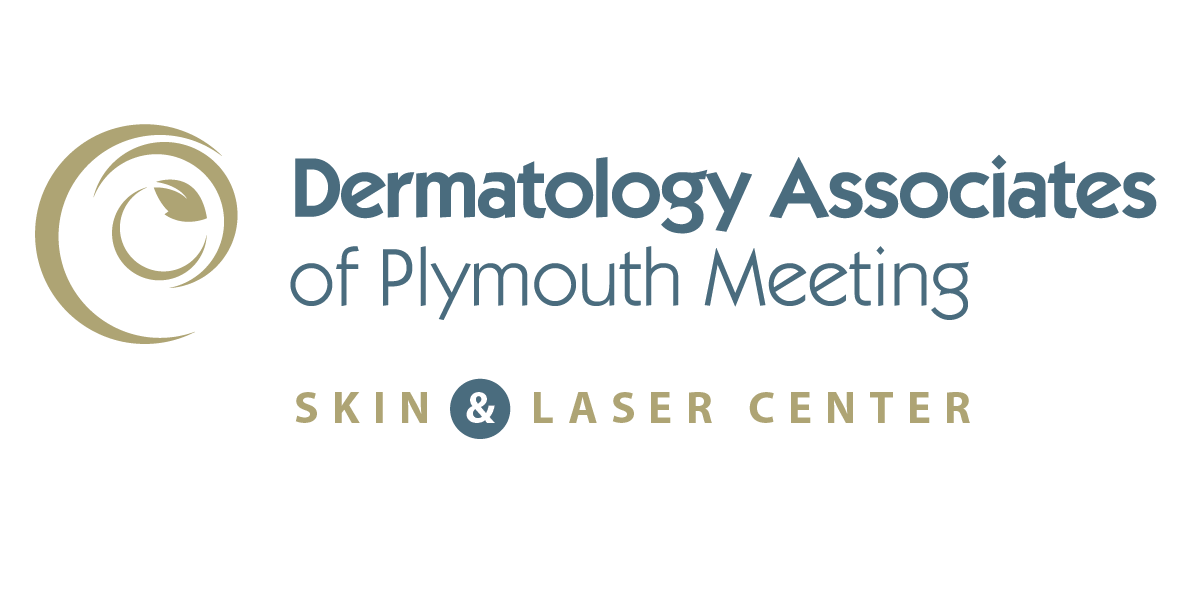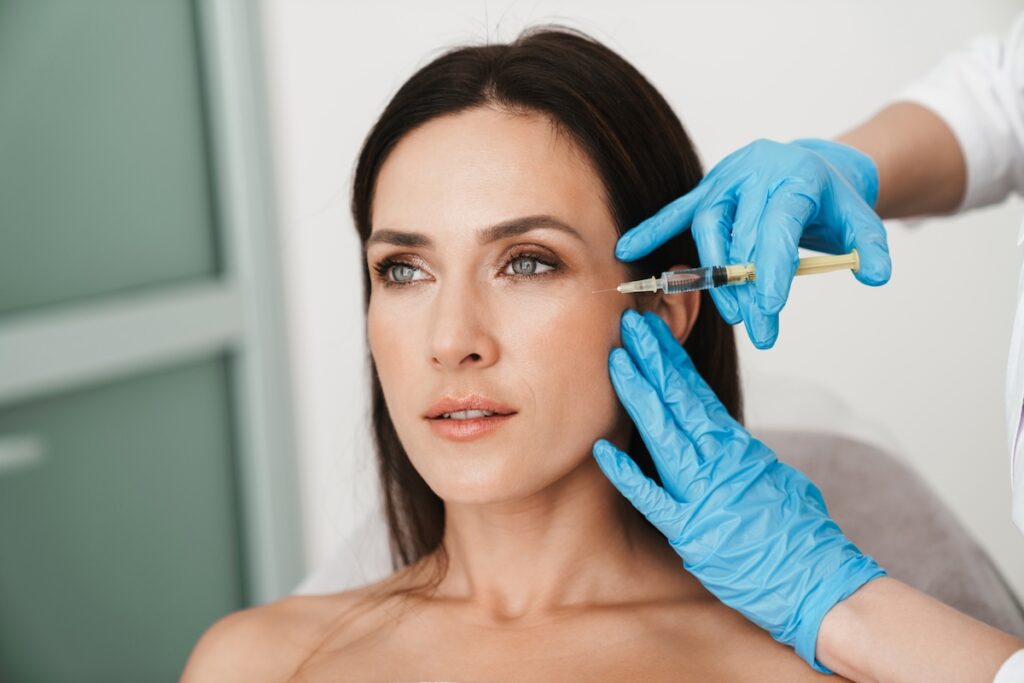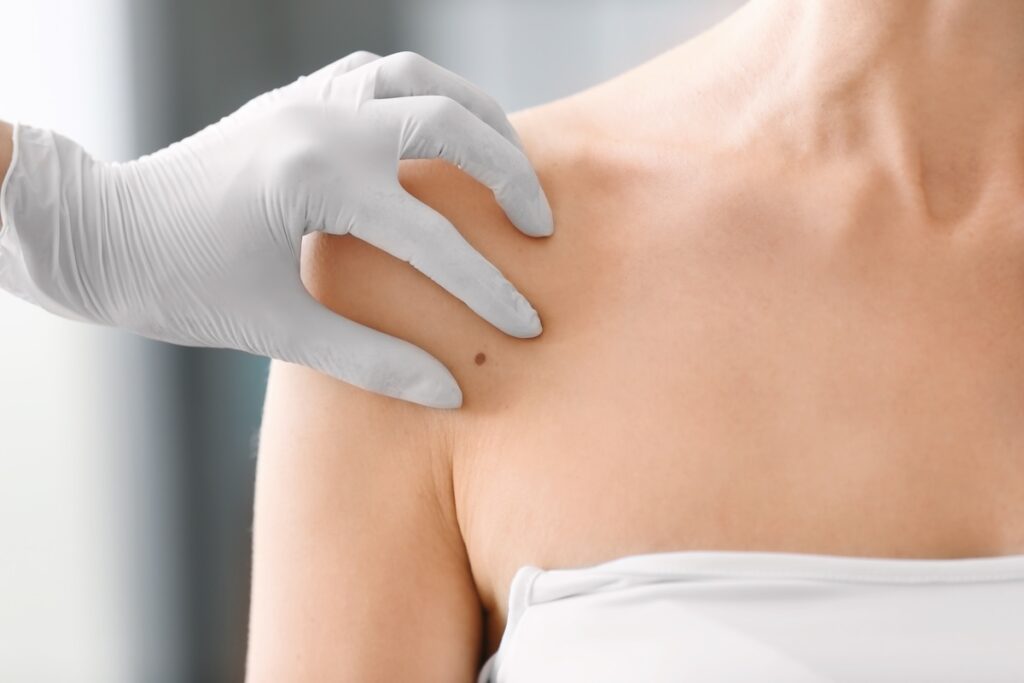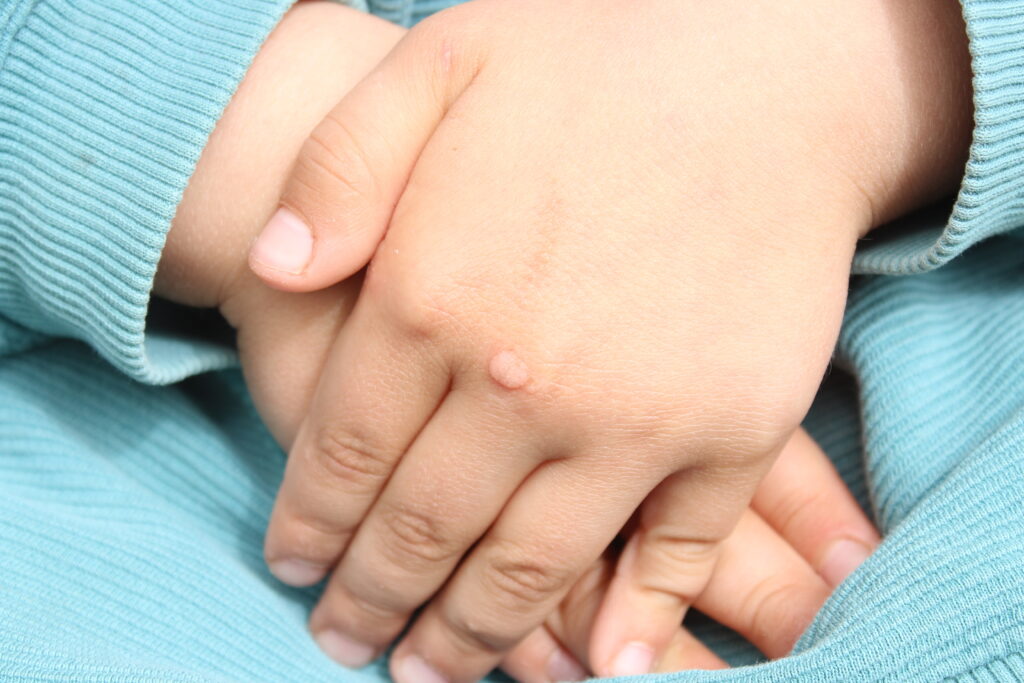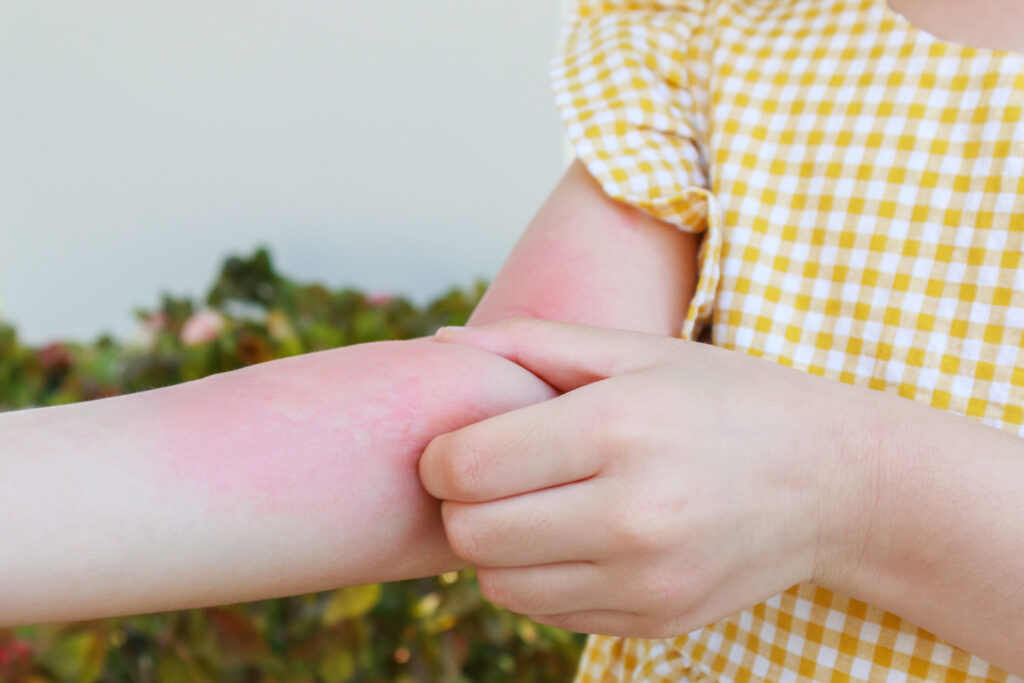Laser resurfacing is a popular cosmetic procedure designed to improve skin texture, reduce fine lines, and correct imperfections like scars and pigmentation. Depending on your skin’s needs and aesthetic goals, there are different degrees of laser resurfacing treatments that offer various levels of intensity and depth. Let’s explore the key…
A vibrant, healthy complexion is more than skin-deep; it starts with nutrients that nourish your skin from the inside out. Vitamins play a crucial role in maintaining skin health by supporting cellular repair, protecting against environmental damage and boosting skin’s natural glow. While many people focus on topical treatments, incorporating…
At Dermatology Associates of Plymouth Meeting (DAOPM), we strive to ensure that every visit for injectable treatments, such as Botox or dermal fillers, is smooth, comfortable and effective. These minimally invasive procedures can help reduce wrinkles, restore volume and rejuvenate your appearance without the downtime of surgery. However, like any…
Botox has become a cornerstone in non-surgical cosmetic treatments, helping many achieve smoother, more youthful-looking skin. However, as its popularity has surged, so too has the risk of encountering counterfeit products. These unregulated substances not only fail to deliver the desired cosmetic results but also pose significant health risks. At…
Imagine a world where skin cancer is no longer a looming threat, where your skin is well-protected against harmful rays, and early detection becomes a standard practice. At Dermatology Associates of Plymouth Meeting (DAOPM), we are dedicated to helping you achieve this reality. By adopting proactive skin care practices, you…
Hyperhidrosis, characterized by excessive sweating in areas such as the underarms, hands, feet, or face, can significantly impact daily life and self-esteem. Traditional treatments often fall short of providing lasting relief. At Dermatology Associates of Plymouth Meeting, we introduce Brella, an advanced treatment designed to offer an effective alternative for…
Imagine a perfect day at the beach: the sound of waves crashing, the laughter of children playing in the sand and the warm embrace of the sun on your skin. While the sun can make for a joyful day out, it also poses significant skin health challenges. Amidst the fun,…
Children often encounter various skin issues as they grow, with warts and molluscum contagiosum being among the most common viral growths. Understanding these conditions can help parents manage them effectively and seek appropriate treatment when necessary. At Dermatology Associates of Plymouth Meeting, we offer specialized care to address these concerns…
In a world where the pursuit of beauty and youthfulness remains evergreen, advancements in dermatological treatments have revolutionized how we maintain our skin’s vitality. At Dermatology Associates of Plymouth Meeting (DAOPM), we blend cutting-edge technology with a patient-centered approach to offer noninvasive solutions for those looking to rejuvenate their appearance…
According to HealthyChildren.org, at least one in ten children suffers from a skin condition known as atopic dermatitis (also commonly known as eczema). While eczema is not contagious, it can be extremely uncomfortable for children because of the itching it causes. For children who have been diagnosed with eczema, managing…
